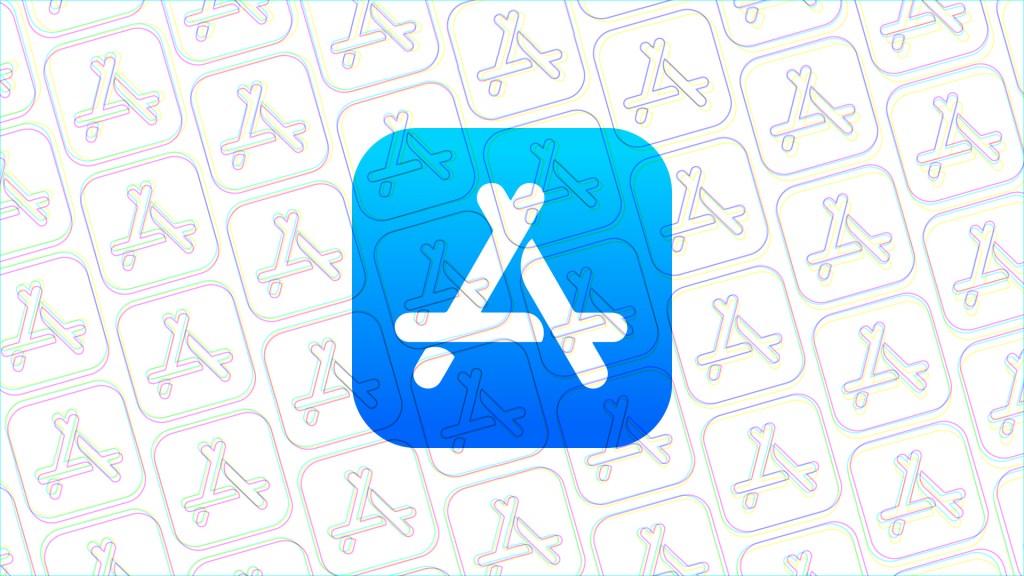Apple Reveals App Store Generated $1.3 Trillion in Billings and Sales, Largely Without Commissions
As it gears up for its Worldwide Developer Conference on June 9, Apple recently shared notable updates regarding its global App Store operations. According to the latest figures, developers amassed $1.3 trillion in billings and sales in 2024, with a significant point being that 90% of these transactions did not involve any commission fees for Apple.
The report indicated that billings and sales related to digital goods and services reached $131 billion in 2024, fueled by mobile gaming, photo and video editing applications, and various enterprise tools. In contrast, physical goods and services surpassed $1 trillion, largely driven by the growing demand for online food delivery and grocery applications.
Additionally, last year saw in-app advertising revenue amount to $150 billion. Spending on digital goods, physical goods, and in-app advertising has more than doubled since 2019, with physical goods witnessing the most substantial growth, increasing by over 2.6 times.
These statistics aim to underscore how the App Store fosters financial opportunities beyond mere in-app purchases. The platform facilitates exposure for developers, allowing consumers to discover their apps, while Apple offers the essential infrastructure needed to operate an app business.
It’s important to note that the App Store has matured into a significant ecosystem, where apps contribute to the appeal of the iPhone. While developers now have access to various tools for hosting, distributing, and managing their applications independently, Apple’s existing policies have historically constrained these options.
However, changes are on the horizon. A recent court ruling in favor of Epic Games mandated that Apple allow developers to link to their own sites for processing in-app purchases without incurring a commission. In Europe, Apple is currently contesting proposed regulations under the Digital Markets Act (DMA), which would require the company to permit developers to notify customers about alternative payment options.
The new insights stem from a study sponsored by Apple, conducted by Professor Andrey Fradkin from Boston University’s Questrom School of Business and Dr. Jessica Burley from Analysis Group. Dr. Burley has collaborated with Apple for years amidst its antitrust challenges, aiming to present the App Store’s success in a favorable manner for the company.
The research also highlights regional growth patterns, noting that App Store-related billings and sales have more than doubled over the last five years in the U.S., China, and Europe. Furthermore, digital payment expenditures in the U.S. have surged by over seven times since 2019, signaling the widespread acceptance of mobile payment solutions.
Lastly, the report reaffirmed other metrics such as the App Store’s attraction of an average of 813 million visitors weekly around the globe. It also emphasized the various investments Apple has made to bolster developer support, including tools and technologies for coding, distribution, frameworks, analytics, anti-fraud systems, and more.






